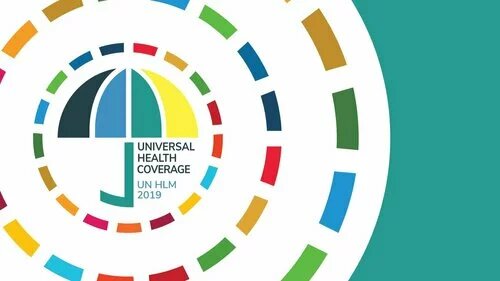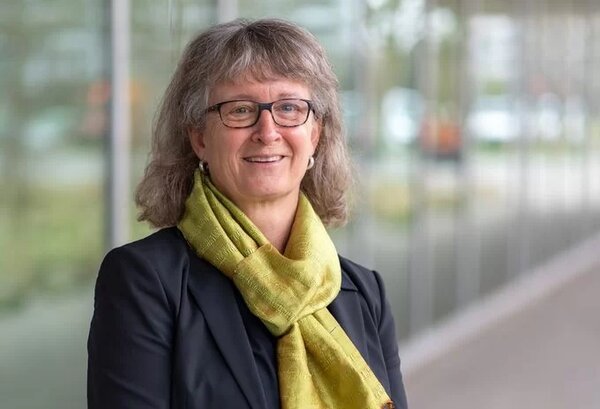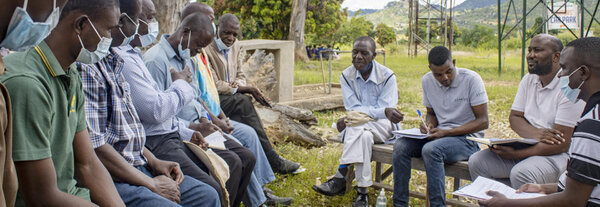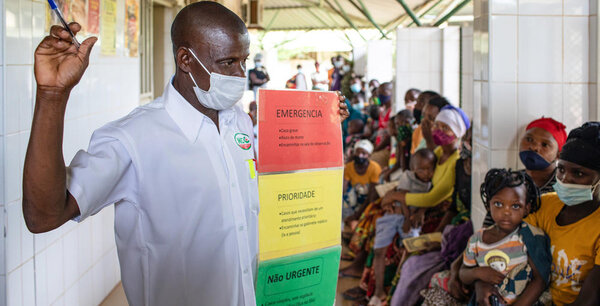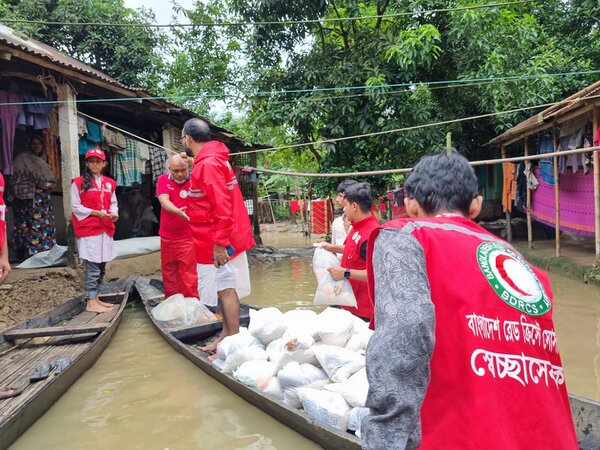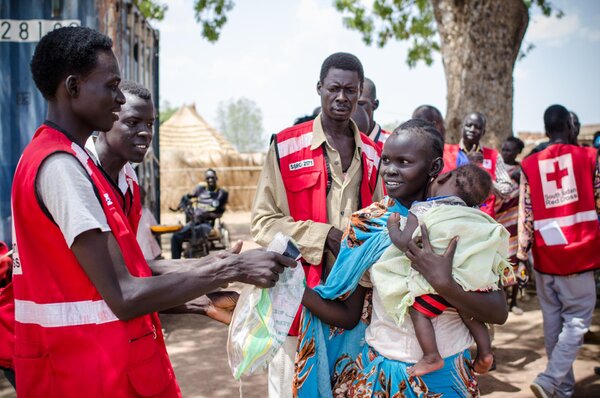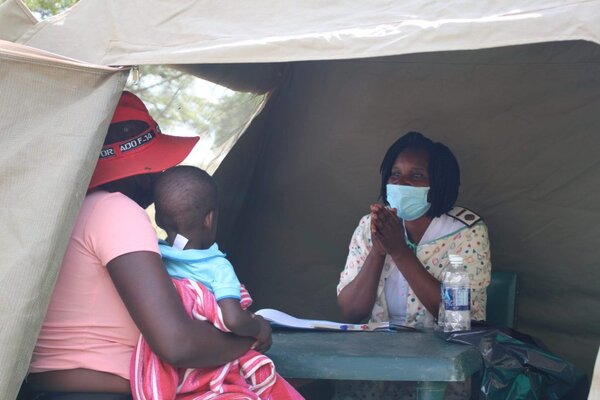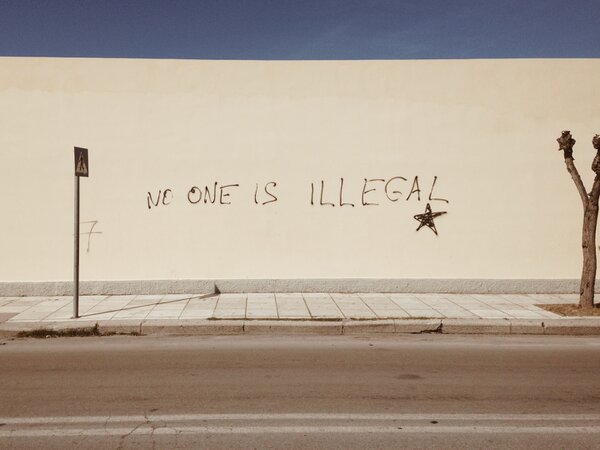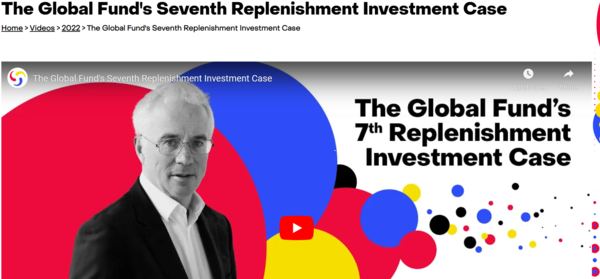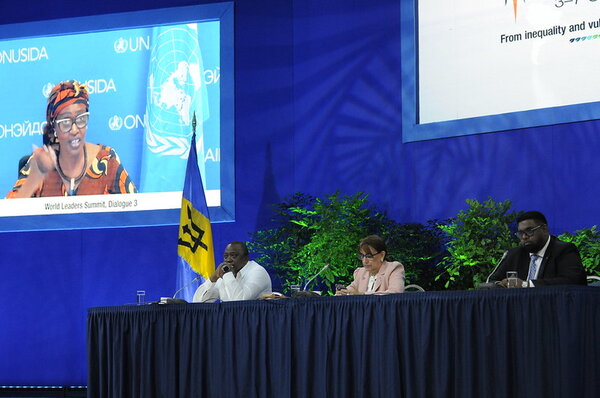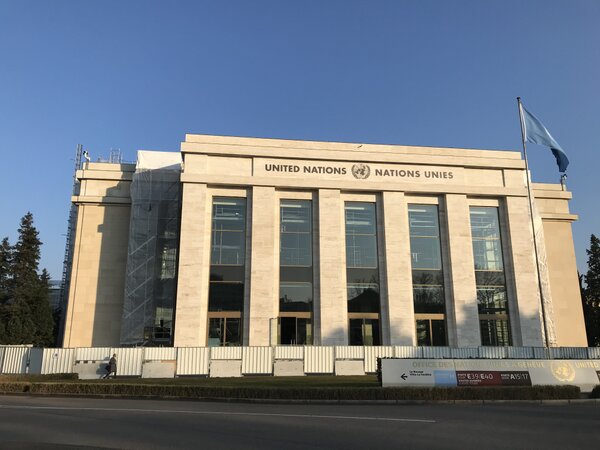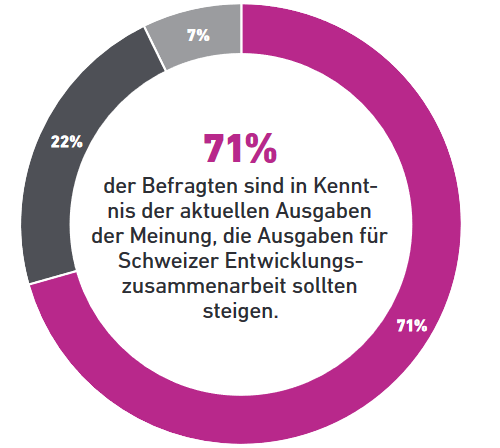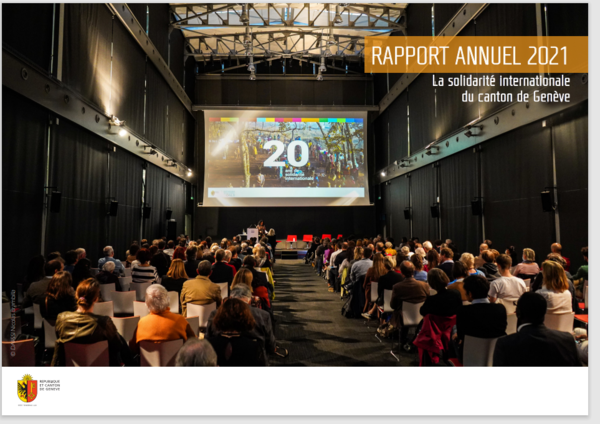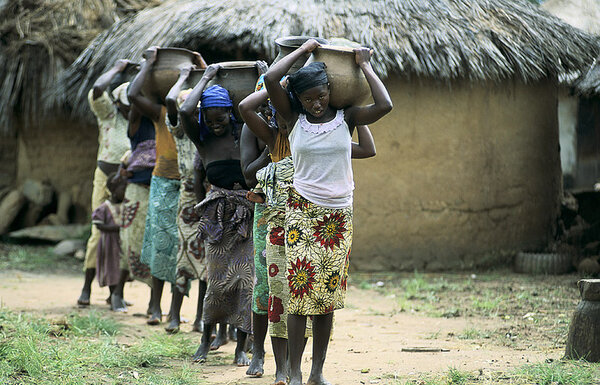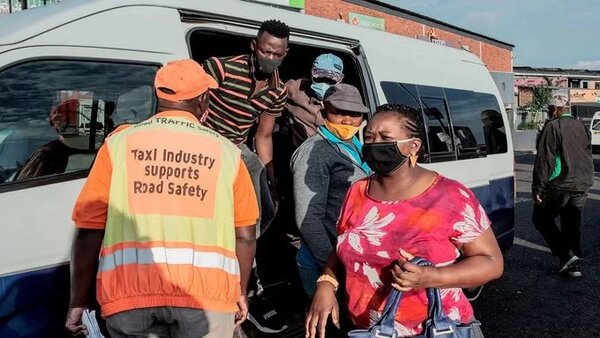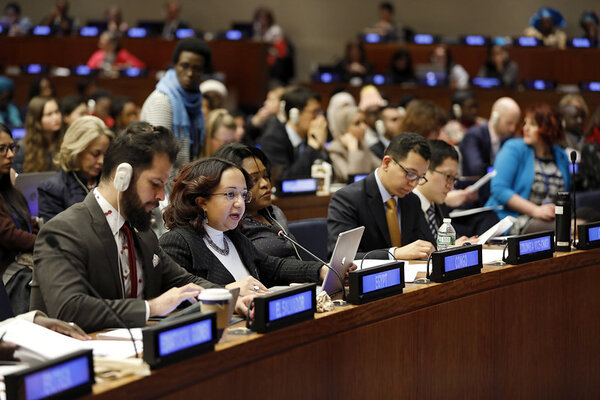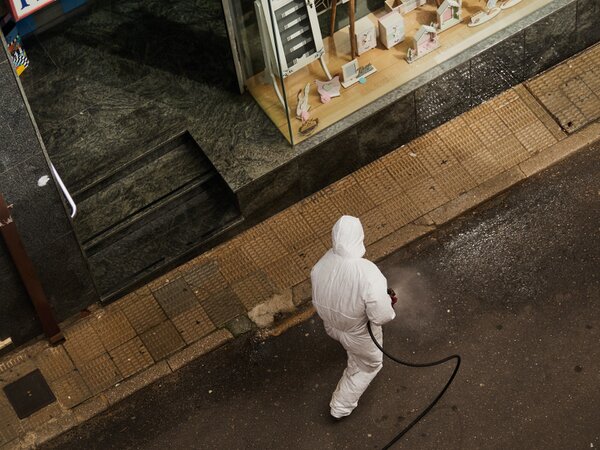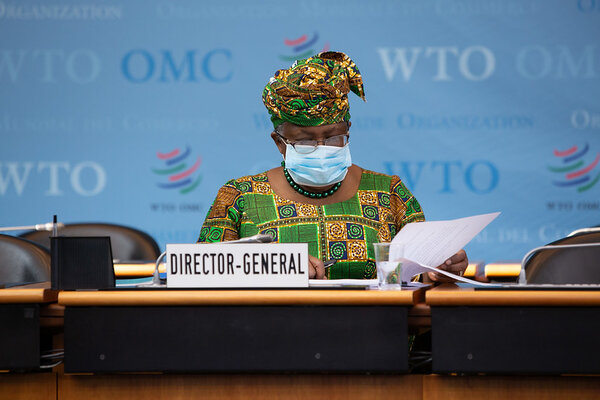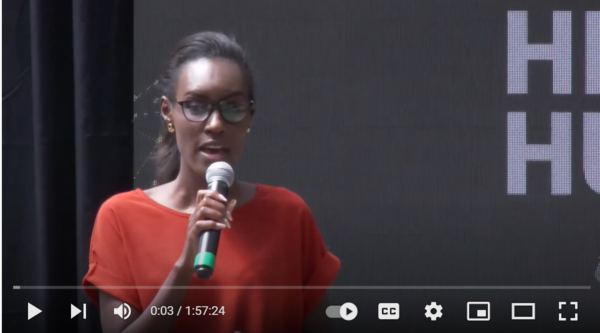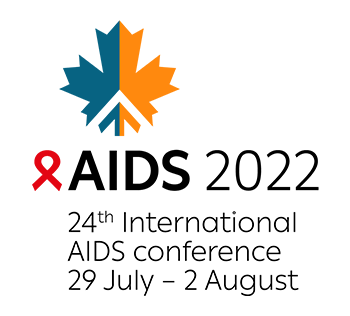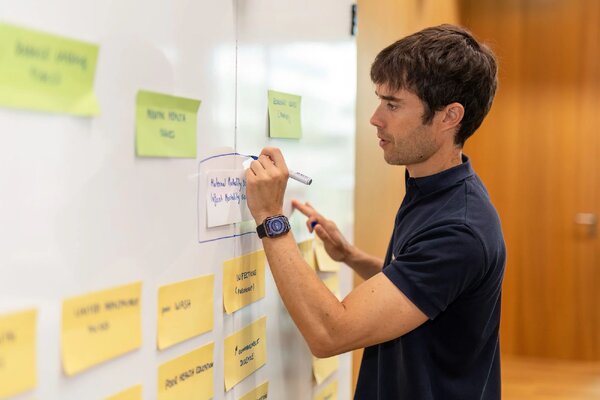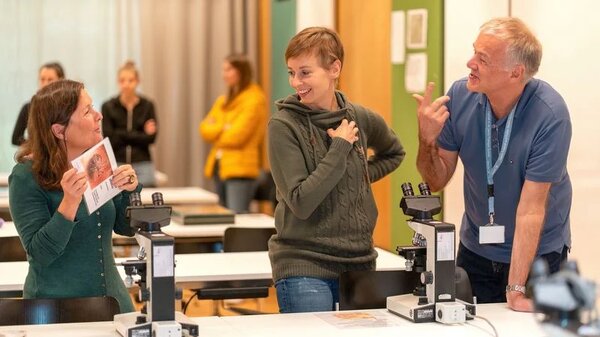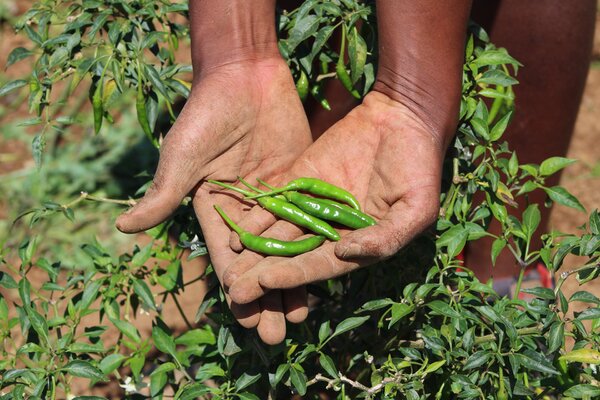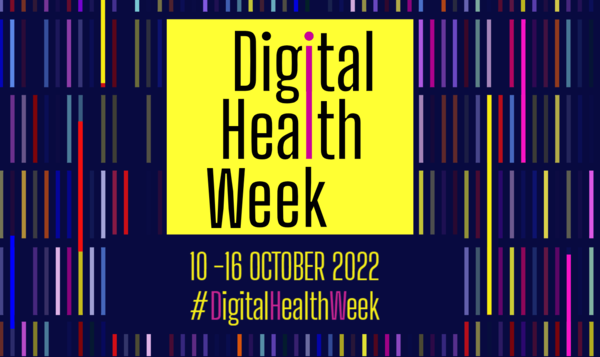Le roman dystopique de Margret Atwood «A handmaid’s tale» est apparu l’avant-dernier vendredi comme une réalité menaçante dans la vie de nombreuses femmes américaines lorsque la Cour suprême a décidé que chaque État devrait être libre de restreindre le droit à l’avortement à son propre gré. Certains États ont immédiatement mis en œuvre des lois correspondantes, des cliniques dans les États concernés ont dû cesser immédiatement leurs activités. Aux États-Unis, les femmes ont été privées de leurs droits d’un trait de plume.
Les droits des femmes sont des droits humains universellement reconnus
La victoire des cercles fondamentalistes religieux sur le droit des femmes à décider de leur propre corps, pourrait être écartée comme une tragédie américaine s’il ne s’agissait pas d’un différend mondial entre les représentant.e.s des politiques libérales de santé reproductive fondées sur les droits humains et les États conservateurs. Si ce n’est pas la tâche de l’État américain de protéger les droits sexuels et reproductifs fondamentaux, comme le soutient la Cour suprême, alors ce serait encore moins vrai pour la communauté internationale. Toutefois, l’une des plus grandes avancées depuis le désastre de la Seconde Guerre mondiale réside précisément dans le fait que les droits humains ont une portée universelle.
Face à ce contexte, il est également juste que divers gouvernements ainsi que l’OMS aient regretté la décision. Mais nous devons aussi nous rappeler que cette décision concerne vraiment la santé de nombreuses femmes – en particulier les femmes défavorisées qui ne peuvent pas simplement déménager dans un autre État avec une législation libérale sur l’avortement. Nous savons, grâce à la pratique de la coopération internationale en matière de santé, qu’assurer les droits sexuels et reproductifs n’est jamais une question d’idéologie, mais une question de droit à la vie de millions de femmes dans le monde.
Martin Leschhorn Strebel
Réseau Medicus Mundi Suisse
E-Mail




